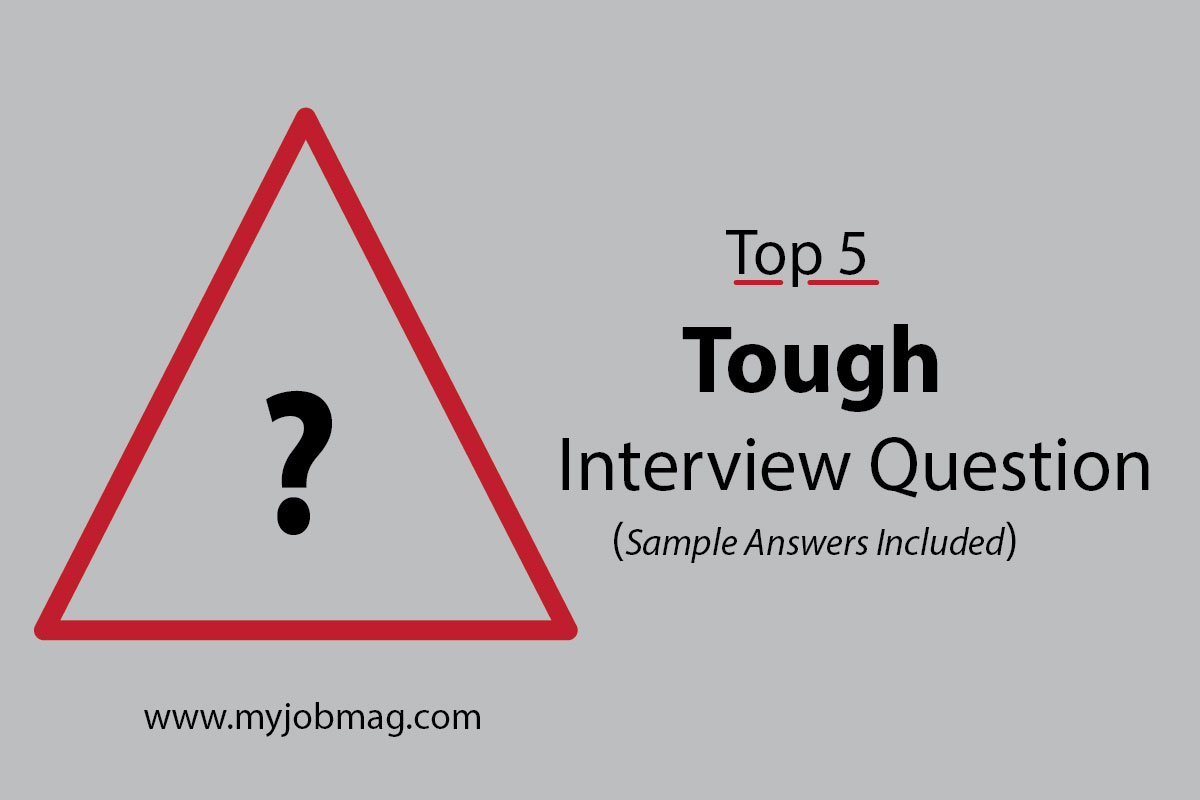
Here we are again, a step further into landing that new job. Let us look beyond arranging a good CV.
Interviews, now this very important step to getting a job is where even a great CV writer can still fail. Apart from the fact that your CV is your first point of marketing, it doesn't guarantee you a job if you suck at answering interview questions. From a recent survey carried out, I was able to compile 5 most asked questions that interviewers will for sure not forget to ask even though most job-seekers pray they skip.
Read on and learn how to give appropriate answers to these questions lest you come across them in a job interview. Enjoy!
Question 1: Where do you see yourself five years from now?
ANSWER: Every employer looks out for a long term commitment & hence this question. Please reassure your interviewer that you’re looking for a long-term commitment because the role is something you have been looking out for.
Example: I am very much interested in making a long-term commitment with your esteemed Organization. Considering what you’ve told me about this position, it’s something that I have been looking out for & are aligned to my skill set & I am sure of making visible contribution to
company’s overall growth objectives. I am confident if I do my work with par excellence, opportunities will open up for me. It’s always been the same in my career, and I’m confident I’ll have similar opportunities here as well.
Question 2: Tell me about a situation when your work was criticized.
ANSWERS: Start by emphasizing the positive feedback you’ve been getting all through your career and then try answering this tricky question.
No one is perfect and you always welcome suggestions on how to improve your performance. After this, give an example of a learning experience from early days in your career and relate it to the ways it has helped you. This would demonstrate that you have learned from your experience.
Another way to answer this question would be to describe your intention to broaden your master of an area of growing importance in your field.
For example, this might be a computer program you’ve been meaning to sit down and learn… a new management technique you’ve read about…or perhaps attending a seminar on some cutting-edge branch of your profession.
The key here is to focus on something not essential to your brilliant performance but has added another dimension to your knowledge.

Question 3: Can you work under pressure?
ANSWER: Absolutely. Prove it with an example from your earlier organization where the project/task was completed within stipulated TAT under severe pressure.
Question 4: What makes you angry?
Examples: If you are a reserved person:
ANSWER: “I’m an even-tempered and positive person by nature, and I believe this helps me a great deal in keeping my department running smoothly. I believe in communicating clearly what’s expected, getting people’s commitment aligned towards those goals, and then following up
continuously to check progress.”
“If anything is going off track, I want to know about it in early days. If, after that kind of open communication and follow up, someone isn’t getting the job done, I’ll want to know why. If there’s no good reason, then I’ll get impatient and angry…and take appropriate steps from there.
If you are feisty by nature:
“You know what makes me angry? People who (the fill in the blanks with the most objectionable traits for this type of position)…people who don’t pull their own weight, who are negative, people wa particular manner ho lie…etc.”
Question 5: What was the toughest decision you ever had to make?
ANSWER: Be prepared with a good example, explaining why the decision was difficult…the process you followed in reaching it…the courageous or effective way you carried it out…and the great results.
Hope you have been able to learn a thing or two from this write-up. When next you go for an interview, please arm yourself with these answers so you won't be caught off-guard. Until we come your way some other time, enjoy!
Further Reading:
Leave a Comment